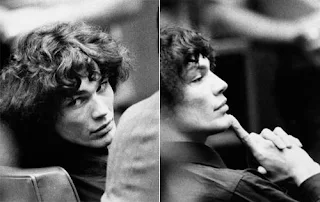"Psychological Formation and Life Experience: How They Influence Individuals' Propensity Towards Violence and Crime"
Psychological formation and life experience are fundamental aspects in shaping an individual's personality and behavior. They play a crucial role in influencing one's inclinations towards violence and crime, as individuals are impacted by a variety of psychological and social factors that develop throughout their lives.
The Psychological Impact of Psychological Formation
Psychological formation encompasses the experiences a person undergoes from childhood, starting from family dynamics and education to social interactions and cultural environment. The methods of upbringing and the values learned significantly mold their beliefs and perspectives of the world. For instance, growing up in an environment lacking emotional support or experiencing domestic violence can increase the likelihood of developing aggressive behaviors to express anger or exert control.
The Influence of Diverse Life Experiences
Diverse life experiences refer to the array of events an individual encounters throughout their life, such as neglect, physical or emotional abuse, or exposure to violence in society. These experiences play a pivotal role in shaping their identity and responses to challenges. Individuals who undergo painful life experiences may struggle with social adaptation or fail to develop healthy coping mechanisms, thereby increasing the likelihood of engaging in violent or criminal behaviors to achieve their goals or cope with daily pressures.
.jpg)
Understanding the deeper implications of psychological formation and life experiences contributes to comprehending the root causes behind criminal and violent behaviors. It provides keys to developing effective strategies for prevention and intervention in these complex phenomena.

.jpg)